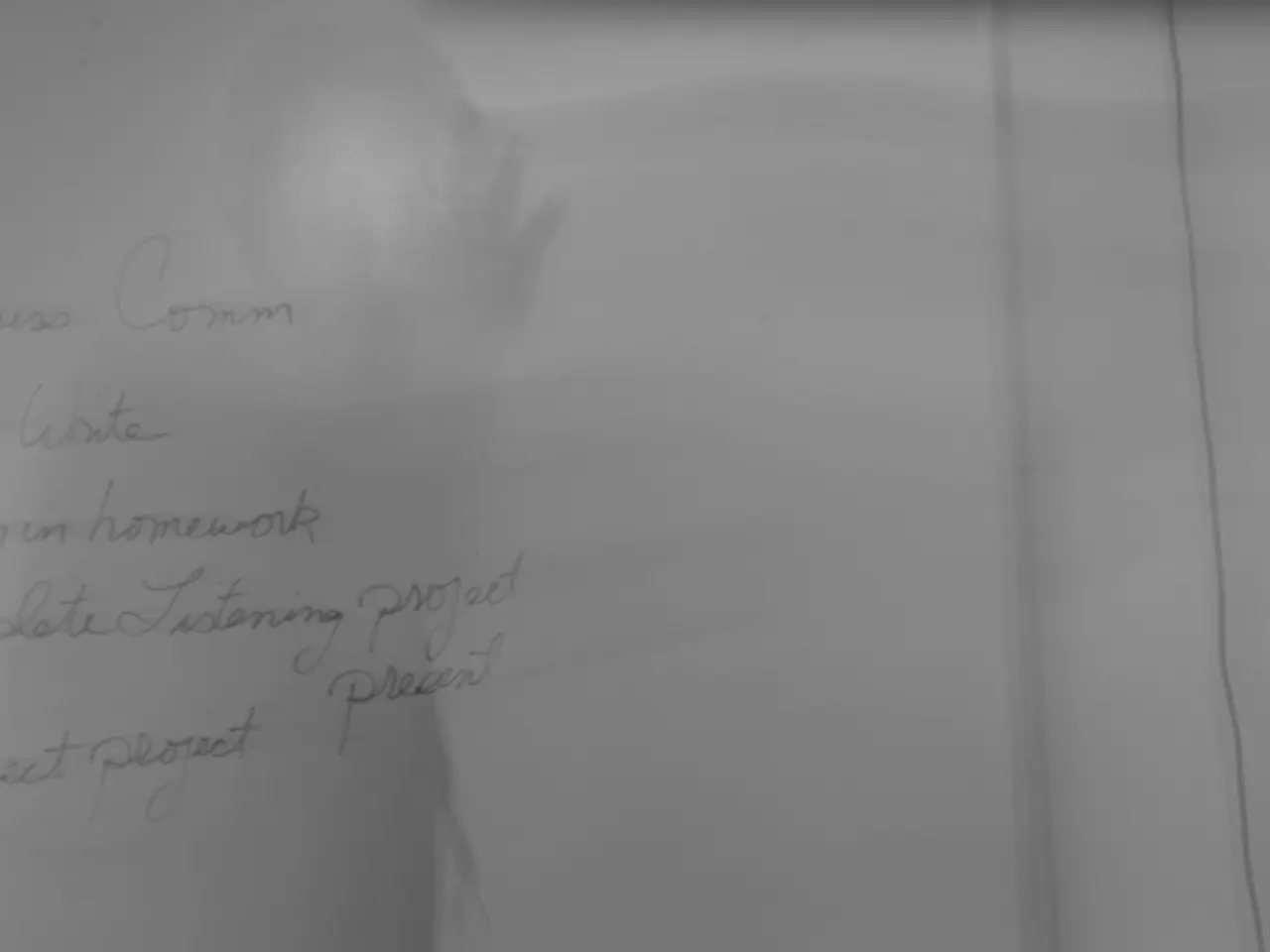Trump proclaims on Truth Social his intention to outlaw mail-in voting and voting machines.
The U.S. President's plan to issue an executive order eliminating mail-in voting and voting machines for midterm elections is questionable and likely unconstitutional, according to legal experts.
President Trump announced his intention to sign such an order at the White House today, a move that has been met with skepticism from experts who say it would be very difficult to upend how states run their elections.
While the President can issue executive orders to direct the executive branch within the bounds of constitutional and statutory authority, this authority does not extend to overriding state election laws to eliminate mail-in voting or voting machines.
Elections are primarily governed by state law, and the Constitution grants states the authority to regulate their own voting methods. The President has no explicit constitutional or statutory power to unilaterally eliminate these voting methods nationwide through an executive order.
Any such executive order would face sweeping legal challenges and almost certainly be struck down by courts. The order would conflict with the constitutional principle of separation of powers and states' rights over elections.
The cost of replacing voting machines across the country is not mentioned but is implied to be significant. With primary elections not far away, it would also be challenging to eliminate mail-in voting before the next election.
Trump's plan includes unfounded claims about mail-in ballots and voting machines leading to voter fraud. However, there is no credible evidence of widespread fraud that would justify such a drastic federal intervention.
UCLA law professor Richard Hasen stated that any theory the president may have to ban certain kinds of voting machines or mail-in ballots by enforcing existing federal law would be unlikely to be valid.
Trump's maligning of both vote by mail and voting machines has been ongoing, particularly since he lost the 2020 election. However, his legal authority to sign an executive order eliminating these voting methods is highly questionable.
Meanwhile, Trump has asked Republican states like Texas to redistrict ahead of next year, which is unusual but not illegal. This move is part of the President's efforts to maintain influence in the upcoming midterm elections.
The president's power is limited to enforcing the laws passed by Congress, and any federal interference with how the midterm elections will be run would require the cooperation of Congress.
Recent developments also include a $67 million defamation suit settlement by right-wing media company Newsmax with voting machine company Dominion Voting Systems. This settlement underscores the potential legal risks for those who spread false information about voting systems.
As of now, a third of the electorate has been recently casting their ballots through mail voting. The implications of a potential ban on mail-in voting could significantly affect the democratic process, particularly in states that rely heavily on this method.
Election administrators are already prepping and budgeting for primary elections, making a sudden change to voting methods challenging. The uncertainty surrounding the President's proposed executive order adds to the already complex landscape of the upcoming elections.
Read also:
- United States tariffs pose a threat to India, necessitating the recruitment of adept negotiators or strategists, similar to those who had influenced Trump's decisions.
- Weekly happenings in the German Federal Parliament (Bundestag)
- Southwest region's most popular posts, accompanied by an inquiry:
- Discussion between Putin and Trump in Alaska could potentially overshadow Ukraine's concerns




